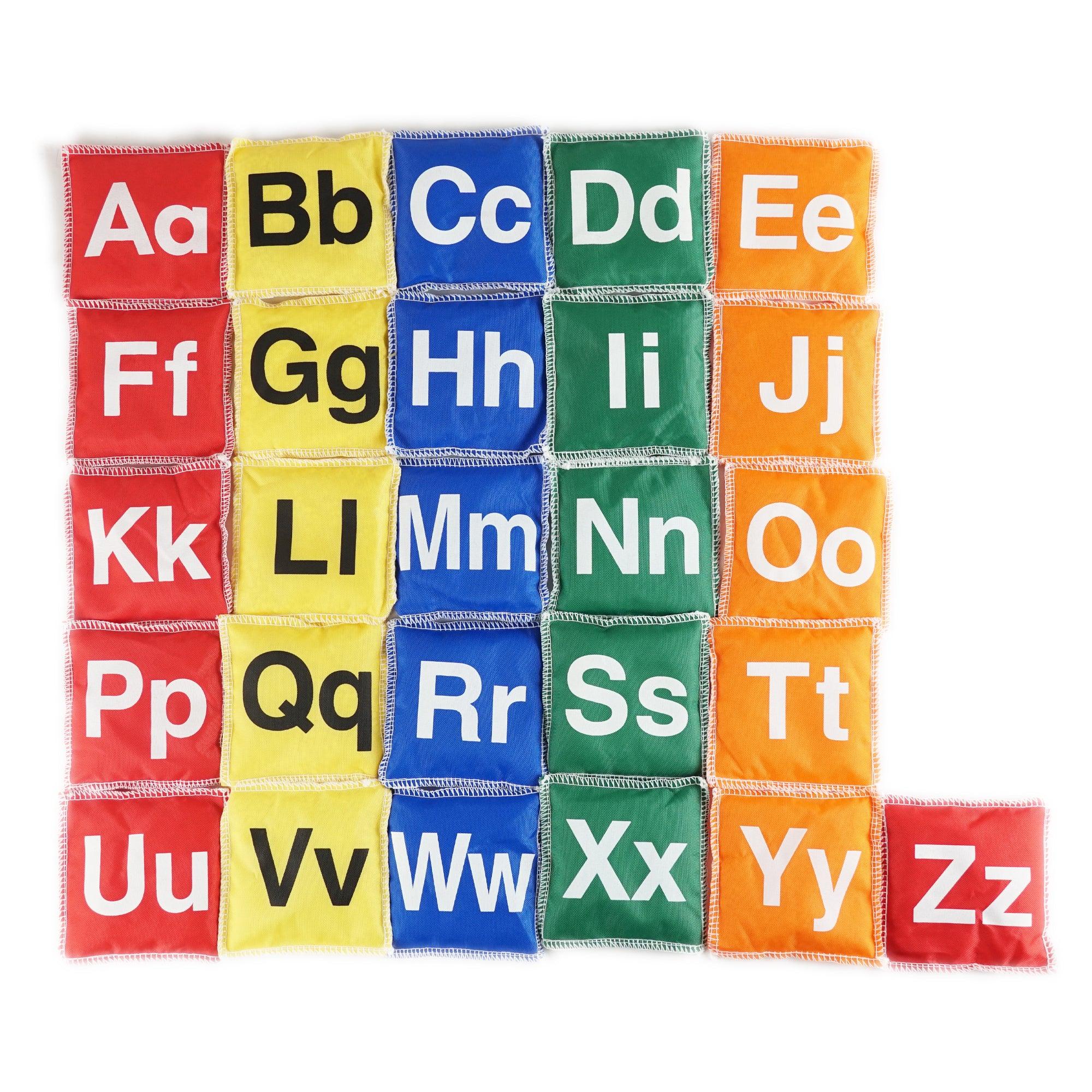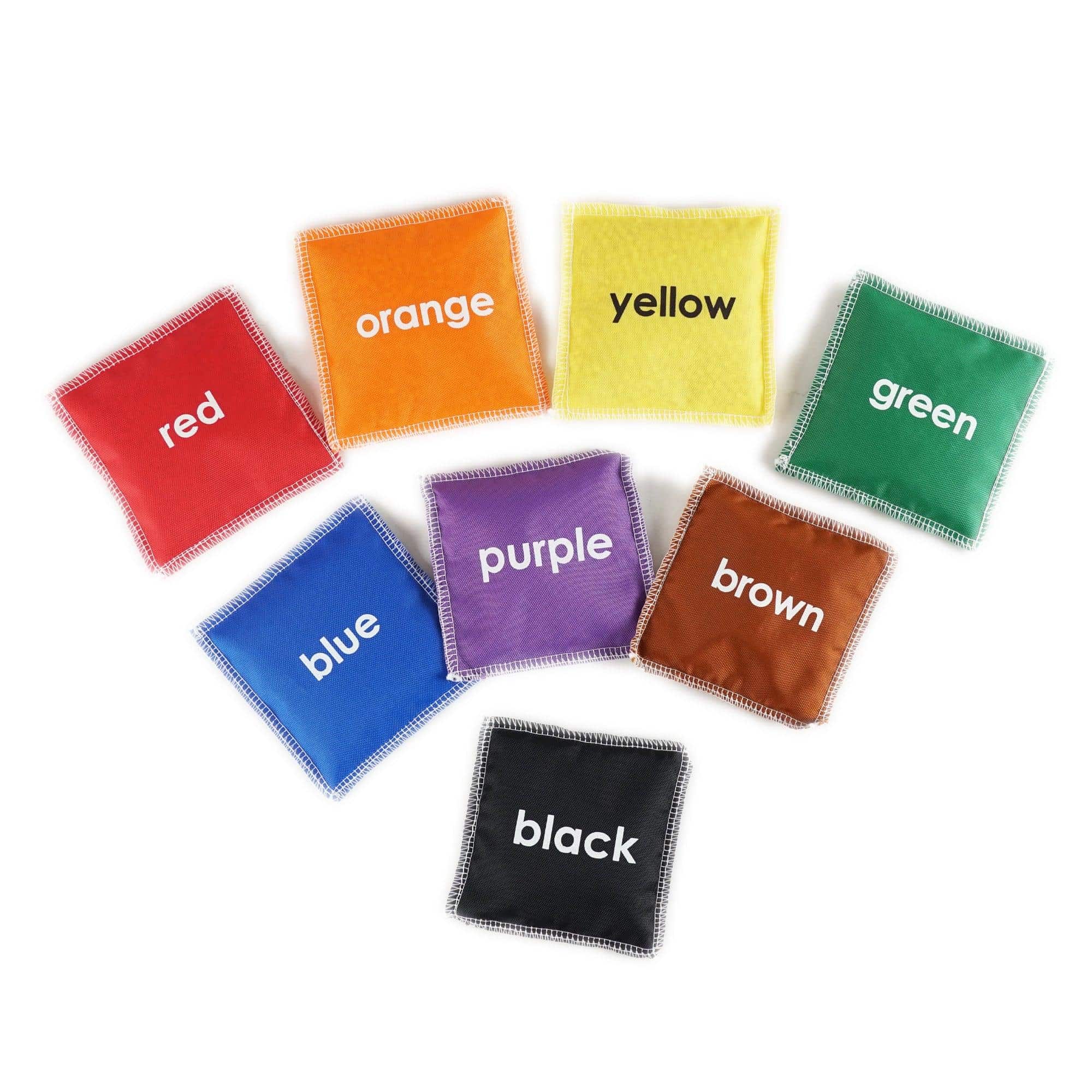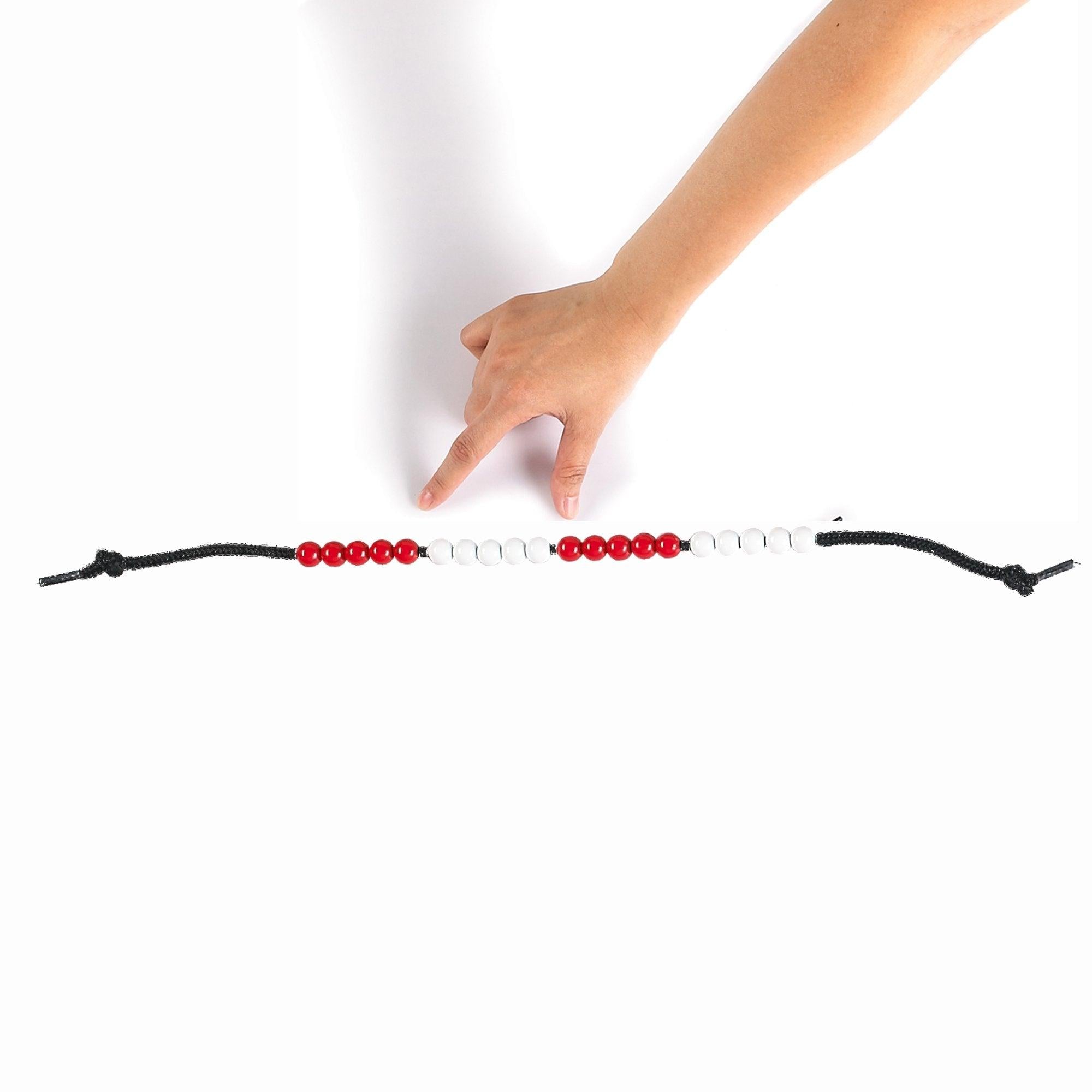The Benefits of Playing with Musical Instruments as Toys
Introduction
Playing with musical instruments as toys offers much more than just entertainment for children. Not only does it provide a fun and engaging way to spend time, but it also has numerous cognitive, emotional, and physical benefits. In this article, we will explore the various advantages of introducing musical instruments as toys to children.
Benefits
Cognitive Development
- Enhances brain development: Engaging with musical instruments stimulates various areas of the brain, promoting overall cognitive development in children.
- Improves memory and concentration: Playing with musical toys requires concentration, memory, and attentiveness, helping children develop these skills as they grow.
- Boosts problem-solving skills: Experimenting with different sounds, pitches, and rhythms encourages children to explore the instrument and find solutions to create desired sounds.
- Develops mathematical skills: Musical instruments involve counting, patterns, and basic arithmetic, providing a foundation for mathematical understanding.
Emotional and Social Development
- Enhances self-expression: Playing with musical instruments as toys allows children to express their emotions and creativity freely.
- Improves self-confidence: Mastering simple tunes or creating unique sounds builds confidence and self-esteem in children.
- Fosters social interaction: Joining in musical play with others promotes teamwork, collaboration, and communication.
- Encourages empathy: Playing musical instruments can help children understand and connect with different emotions expressed through music.
Physical Development
- Refines motor skills: Manipulating small instruments, such as drums or keyboards, helps develop fine motor skills and hand-eye coordination.
- Improves gross motor skills: Dancing or moving to the beat while playing larger instruments like a guitar or xylophone develops gross motor skills.
- Strengthens hand muscles: Playing string instruments such as a mini guitar or ukulele strengthens hand muscles, improving grip and dexterity.
Features to Look For
- Durable construction: Ensure the instrument is made from high-quality materials that can withstand children’s play and minimize breakage risks.
- Age-appropriate designs: Select instruments that are suitable for your child’s age group to ensure safety and optimal enjoyment.
- Easy to play: Look for musical toys with simple instructions or intuitive designs, making it easier for children to start playing without frustration.
- Varied sounds: Choose instruments that offer a range of sounds, pitches, and tones to encourage exploration and creativity.
- Compact and portable: Consider instruments that are lightweight and easy to carry, allowing children to enjoy music on the go.
Conclusion
Playing with musical instruments as toys is a valuable and enjoyable experience for children. From cognitive development to emotional and physical growth, the benefits of introducing musical toys are abundant. Encourage your child’s creativity, boost their self-confidence, and promote their overall development by providing them with the opportunity to explore the wonderful world of music through play.





